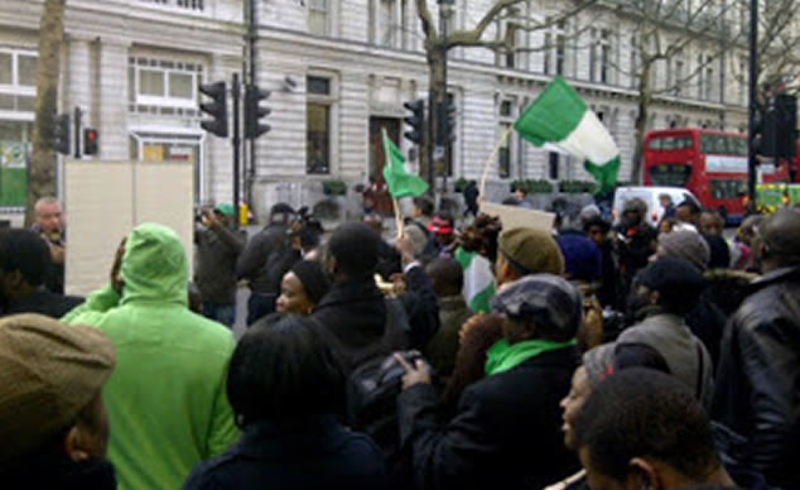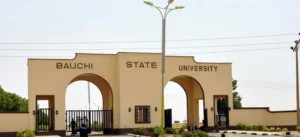
Nigerians have been reacting to a suggestion by Chief Dokun Olumofin, a Diasporan Nigerian, that Nigerians in the Diaspora returning home during the Christmas period should be taxed $500.
The Christmas period, popularly known as “Detty December,” is when many Nigerians abroad return home to reunite with family and friends. This festive season, spanning mid-December to the New Year, sees a significant influx of Diasporan Nigerians.
Chief Olumofin believes that imposing such a tax could boost Nigeria’s revenue base. His argument is supported by a report from MO Africa Company Limited, which revealed that Lagos hotels generated a massive N54 billion in December 2024.
In a formal letter to President Bola Ahmed Tinubu, Olumofin outlined how the proposed tax could benefit the country. He estimated that taxing returning Diasporans between November 25 and January 5 could raise up to $125 million (approximately N240 billion). He suggested that the revenue be used to position Nigeria as a premier global destination for festive celebrations.
Part of his letter read: “This letter outlines a significant opportunity for Nigeria to generate considerable revenue—potentially up to $125 million, approximately N240 billion, based on an estimated contribution of $500 from 250,000 projected returnees. This revenue could be allocated towards developing tourism and positioning Nigeria as a premier global destination for festive celebrations.”
Since the proposal became public, it has sparked widespread reactions from both the government and citizens.
The Nigerians in Diaspora Commission (NIDCOM) has dismissed the idea, describing it as ill-advised, exploitative, and counter-productive. In a statement issued by its Director of Media, Public Relations, and Protocols, Abdur-Rahman Balogun, the Commission emphasized that such a tax would discourage Nigerians abroad from returning home and could harm the economy.
NIDCOM stated: “Such advice will no doubt mitigate efforts of the Diaspora Commission in encouraging Diasporans to visit home, invite others, and invest. The N54 billion generated by Lagos hotels in December 2024 is already part of the Nigerian economy. Why tax Nigerians coming to their country for various reasons and promoting it positively? Such advice also appears to be a sinister move to harm the image and revenue streams of the government while paving the way for corruption.”
The Commission argued that the government is already benefiting from indirect taxes on entertainment and other services. It called for continued investment in infrastructure, security, and transportation under the Renewed Hope agenda of President Tinubu, which would encourage more Diasporans to return and contribute to the economy organically.
Social media has been awash with divided opinions. Some Nigerians support the proposal, while others have criticized it as unnecessary and exploitative.
A user, Ekeji Giwa, supported the tax, saying it could boost government revenue for infrastructure development. Another supporter, Kemany Caterer, viewed it as an opportunity to promote his business ideas while generating funds for the government.
Conversely, critics like Zanzone Jr argued that Nigeria’s tourism sector is still developing, making the tax premature. Mass media_tx dismissed the idea as “silly,” questioning if other countries, such as the United States or Ghana, impose similar taxes on their citizens.
A Canada-based lawyer, Zacheus Afolabi, condemned the proposal, stating it would discourage Diasporans from visiting home during the festive period. He emphasized that such a tax would hurt local economies that benefit from increased patronage during Christmas.
He added: “This proposal is dead on arrival. It’s exploitative and counter-productive. The government should focus on creating an enabling environment for Nigerians abroad to return home and invest, not discourage them with unnecessary taxes.”
As the discourse continues, many Nigerians are urging the government to explore alternative revenue-generating measures while creating a welcoming environment for Diasporans and tourists. For now, NIDCOM has assured Nigerians that the government is not considering the proposal.






